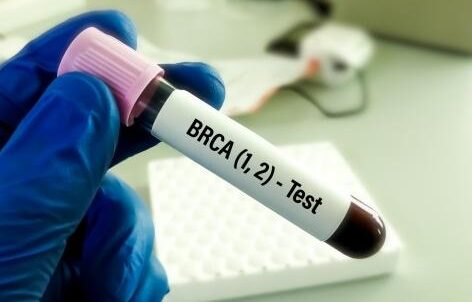Kristy Hunter, Outpatient Coder for HCCS, shared on LinkedIn:
“I thought I would share a tidbit of what I have learned this past week……
BRCA refers to mutations in the BRCA1 and BRCA2 genes, which are linked to an increased risk of breast and ovarian cancers. These mutations are inherited and can be identified through genetic testing. Proper coding of BRCA mutations is essential for accurate clinical documentation and insurance reimbursement.
ICD-10-CM Codes for BRCA Mutation
Z15.01 – Genetic susceptibility to malignant neoplasm of breast
This code is used for patients who have a genetic predisposition to breast cancer, such as those with a BRCA1 or BRCA2 mutation.
Z15.02 – Genetic susceptibility to malignant neoplasm of ovary
This code applies to individuals with a genetic predisposition to ovarian cancer due to BRCA mutations.
Z80.0 – Family history of malignant neoplasm of breast
If the patient has a family history of breast cancer and is known to have a BRCA mutation, this code may also be appropriate.
Z80.3 – Family history of malignant neoplasm of ovary
Similarly, if there’s a family history of ovarian cancer and the patient has a BRCA mutation, use this code.
O09.89 – Supervision of high-risk pregnancy, other specified condition
If a BRCA mutation is identified in a pregnant woman, and it affects her care or management during pregnancy, this code might be used in conjunction with the genetic condition.
Additional Considerations: Family History: If coding for family history, it’s crucial to note whether the family member was diagnosed with a specific type of cancer related to the BRCA mutation.
Screening and Testing: If the patient is undergoing genetic counseling or testing for BRCA mutations, codes like Z13.89 (encounter for screening for other specified genetic conditions) may apply.
Coding Tips:
Make sure to differentiate between the presence of a BRCA mutation and an actual diagnosis of cancer related to the mutation (Z17.0, Z17.1). The codes for genetic susceptibility (Z15.01, Z15.02) do not imply that cancer has occurred but rather that the individual is at higher risk.
Documentation should clearly indicate whether the mutation is present in the patient or if the patient is a carrier of the BRCA mutation, as this affects the choice of code.”


